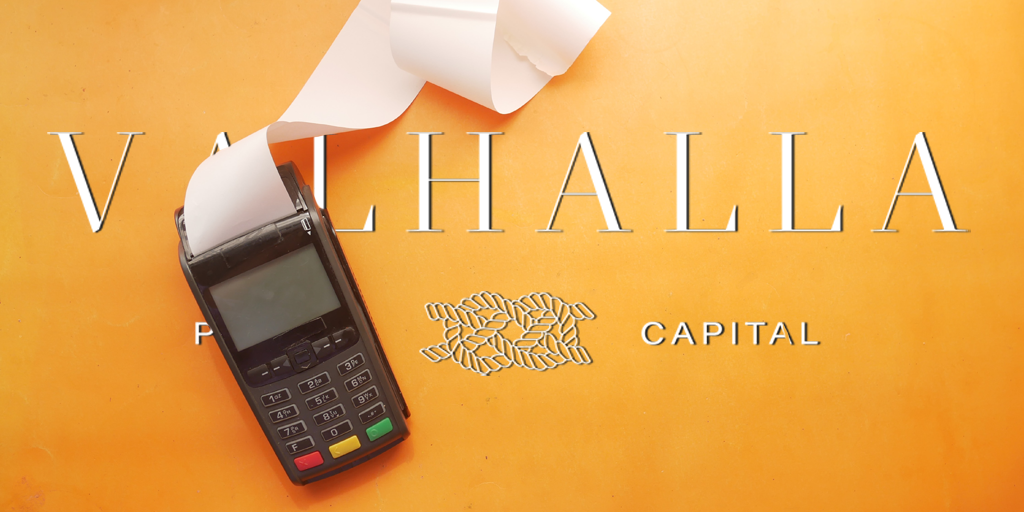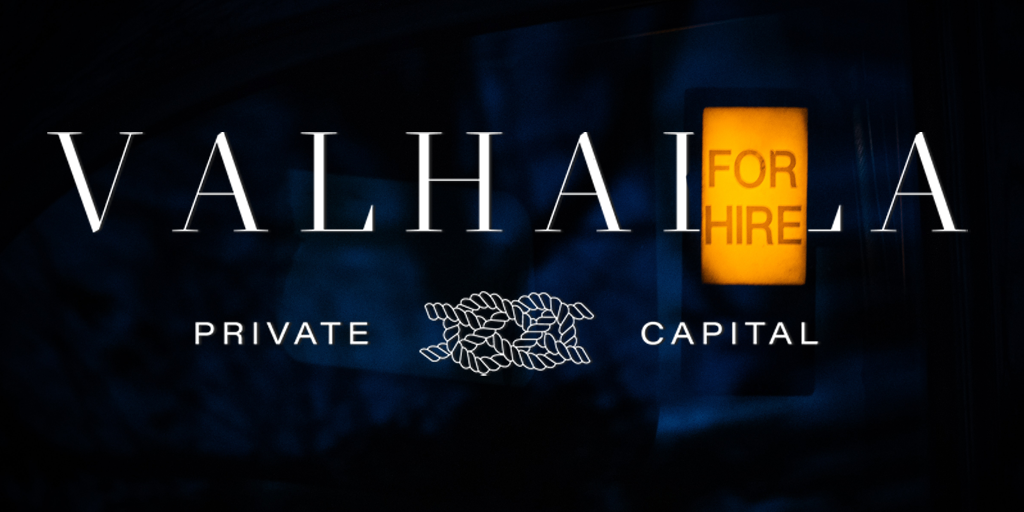
Emmet McGonagle
Shazia Khan, co-founder of Pakistan-based tech non-profit EcoEnergy, has praised her experiences with WeRaise’s Valhalla-implemented program which supports businesses to scale, grow their profits and raise investments.
Discussing her experience of the program with
Jan Lederman, director of
Valhalla Private Capital and expert coach at
WeRaise, Shazia detailed her journey from EcoEnergy’s inception in 2012, to optimizing her core business and landing one the few deals closed by women led companies across Pakistan in 2021.
Read Shazia’s experiences below:
When we came into the program we had a stable core business. Our business is one that revolves around solar energy installations across Pakistan. We had just added on an additional service - which was an operations and maintenance contract that we provide to our customers and to anybody who has solar - but we were looking to build out this new platform, which for us was a digital platform to connect customers to solar suppliers, installers and financiers.
We wanted to raise a Series A that would support the development and the scale of this new digital platform, but we realized over the course of the WeRaise program that if we could optimize our (really good) core business we would have enough money to invest in building out the platform at a slower pace. The consequence of not raising that big Series A round would be that we wouldn't be deluding ourselves - we could go a little bit more slowly and the growth could be a little bit more organic.
What do you actually need?
The most work that we did was around our story - the strength of what we've built and figuring out the way to talk about that - and to objectively identify what our future potential streams of revenue will be. When we started we had this new deck for this new model, but it didn't include anything that we've already built. We have a company that we've built over the course of five years, we've penetrated the market at a steady clip, we've dominated many markets (including the off-grid pay-as-you-go-solar sector), so we just felt like the new one really wasn't very inclusive of what we already had done and achieved. Valuing what we had and figuring out how to optimize that was the key insight that we had.
If the WeRaise program had been different and the coaches had been different - maybe like a bunch of VCs saying “go after the big money” - we maybe would have just succumbed to the temptation, which we were starting to do. Jan had a very measured approach of “what do you actually need? What have you already built? What do you need to continue to build and how much money do you really need to get there?” That was greatly influential for me.
How do you withstand this pressure, particularly over the last couple of years, when you see all this money flooding into Pakistan?
Well, I'm not interested in raising a bunch of money and then the company breaking down after a year because we don't know how to absorb that funding. I'm more interested in building something, as I've done in the past, that can stand the test of time and knows how to innovate. We've done that actually quite successfully. We've reached additional market segments every year and we've been increasing the revenue that we've been able to generate quarter on quarter.
I started a long time ago, and at the time that I started there wasn't any money and it was a very hard sell. There wasn't anybody in Pakistan that had any money. All of the money that I raised in my seed round - about two-and-a-half-million dollars in quasi equity and $3 million debt facility - all of that was raised from outside Pakistan, and it was very difficult to raise because in 2017 nobody was interested in investing in Pakistan and there was nobody in Pakistan, who is investing in the startup space. All of a sudden money started flowing in, people saw this great opportunity in Pakistan and Jan really enabled me to stand my ground.
Even though all this money is rushing in and there's this river of excitement, money and funding where it's never been available, and I could have been taken away by that wave. I'm really grateful to Jan and for the program for explaining that just because money is available doesn't mean that the terms that will be offered out will be the most favorable to you as a founder, and it doesn't necessarily mean that it will be best for you, or your company or the growth of your company.
You're much more likely to die from drowning, than you are from starvation
I heard this a couple of years ago: “You're much more likely to die from drowning, than you are from starvation,” and I really think that's true for a lot of companies. You take the money because it's on the table, and then you're under a lot of pressure from people who may or may not be invested in your growth as a company - you're one of a number of companies in the portfolio, and they put you under immediate pressure to turn that money around. Their company might not have not been yet in the place for 10x return or they might pull their support out and might have a different exit strategy or not be as patient as you need them to be.
I really liked the opportunity to work in peer groups with the other companies. If I could save someone some pain and some heartache by sharing my experience with them, I would be happy to do that. At the same time, I saw opportunities for cross collaboration, and many of those companies actually became our customers too.
It was a really good program and I think it'd be beneficial for any female entrepreneur. Valhalla Private Capital was really invested in our success and the whole WeRaise team worked really hard. We felt very supported throughout and we really got a lot of value out of the program. We did achieve our goal to raise our round of funding and we're happy about that.
Watch the full discussion via
WeRaise’s Facebook page.
Valhalla Private Capital has taken steps to champion female investors and entrepreneurs across North America and further afield. You can read more about them on our blog post:
The Valhalla Approach to Gender Equality in Angel Investing.
Do you have a question about angel investing? Get in touch with Valhalla Private Capital via our
contact page.



